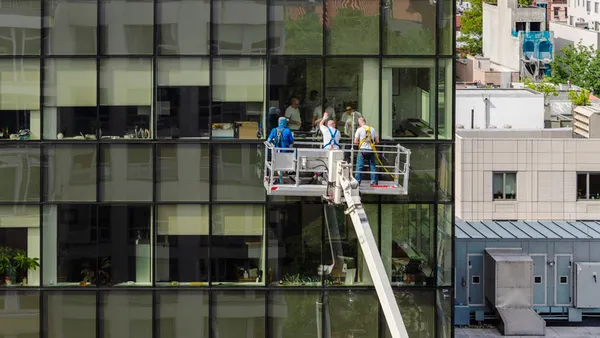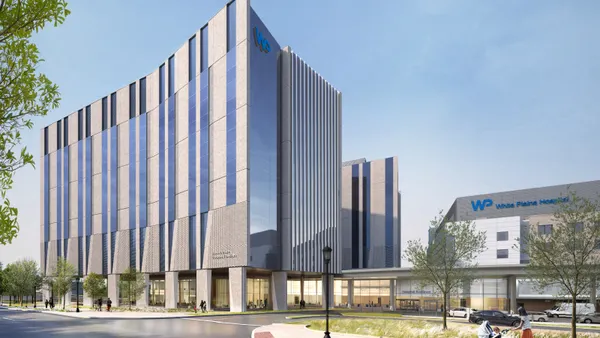Dive Brief:
- South Carolina Gov. Henry McMaster is looking to invest in the future of the construction trades and other technical fields. Earlier this month, McMaster announced a $17 million investment to create the Workforce Scholarships for the Future pilot program.
- The Republican governor also called for the state's general assembly to approve an additional $124 million from the American Rescue Plan Act to extend the program through June 2024.
- The program will provide scholarships to cover the cost of tuition and fees at any technical college in the state.
Dive Insight:
All adults and recent high school graduates living in South Carolina will be eligible for the scholarship, the announcement said. The funds may only be used for associate degrees or industry credentials in construction and other high-demand careers like computer science and information technology, manufacturing, health care and transportation distribution and logistics.
The demand for construction workers has escalated for decades, and it has gotten to the point where some contractors, subcontractors and suppliers will hire just about anyone with a good attitude. Only 16.7% of Generation Z has expressed interest in construction as a career path, according to a report by Tallo, a networking platform.
South Carolina's program will benefit about 15,000 people, who must maintain a 2.0 grade point average, in addition to one of the following requirements:
- Completing 100 hours of voluntary time at a nonprofit or public-service organization.
- Being employed.
- Taking a financial literacy course.
"Our 16 colleges are committed to making higher education affordable and accessible for the citizens of South Carolina," Tim Hardee, president of the SC Technical College System, said in the announcement. "Workforce Scholarships for the Future opens doors for South Carolinians, helping them get the training and education they need to work in high-demand fields across our state."
This year, McMaster has awarded $12 million in Government Emergency Education Relief funds to short-term training programs for critical areas like transportation, manufacturing and healthcare. Between January and October, over 3,000 South Carolinians received training in those careers, and the announcement estimates 5,000 will be retrained and employed by the end of December.















